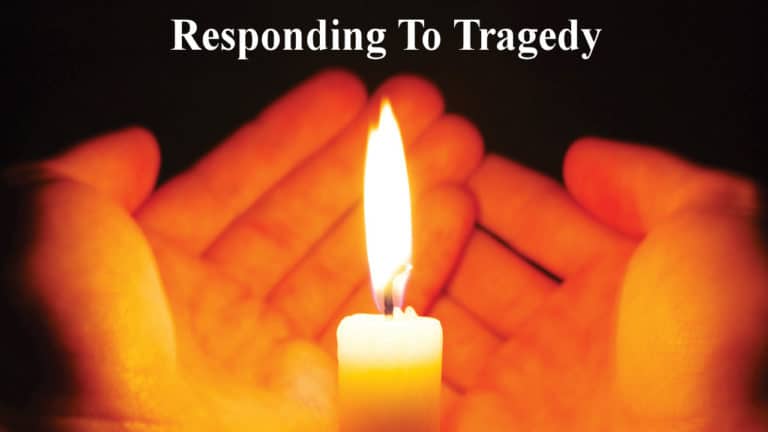Harry’s Video Blog – Telltale Signs – Parshat Behar 5784
Criticism is an art form, and an obligation.

Criticism is an art form, and an obligation.
Story Time: Lessons from a Funeral. View this video directly on Vimeo
What should we do when the pain, grief, and questions threaten to overwhelm us? View this…
Rabbi Becher shows us how the Torah is as deep as the sea. View this video…

When, God forbid, a person hears of the death of a close relative or of anyone…
Sometimes when we have temporary setbacks in life that cause tears we can see the good…
Harry Rothenberg wonders: How do we merit extra blessings? View this video directly on Vimeo
Rabbi Becher explains that “freedom” is always associated with a shofar, and that the Jewish people…

The Biblical sources related to the commandment of tzedakah (charity) are found in this week’s Parsha,…
Rabbi Becher explains why the forefathers Abraham, Isaac and Jacob made altars of a single stone,…